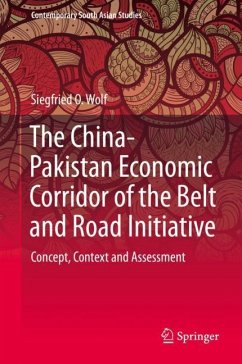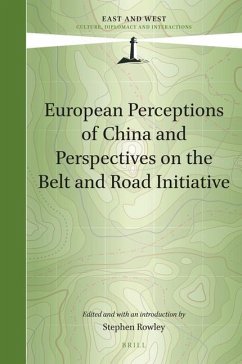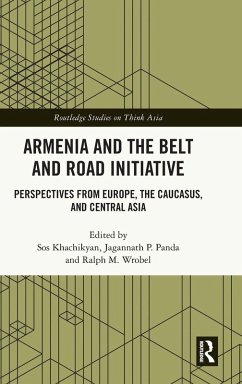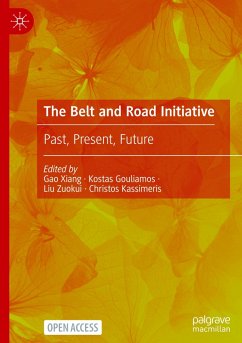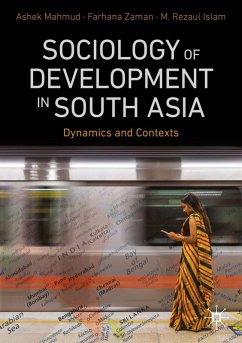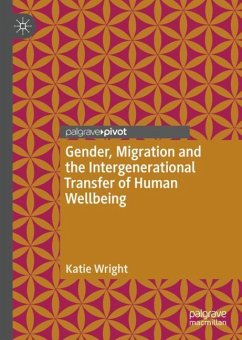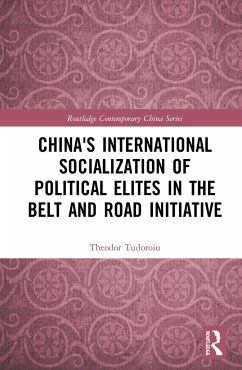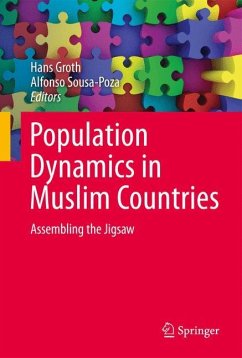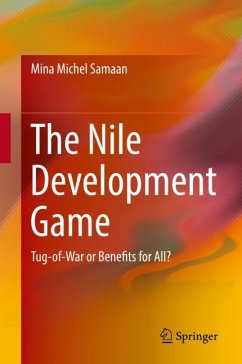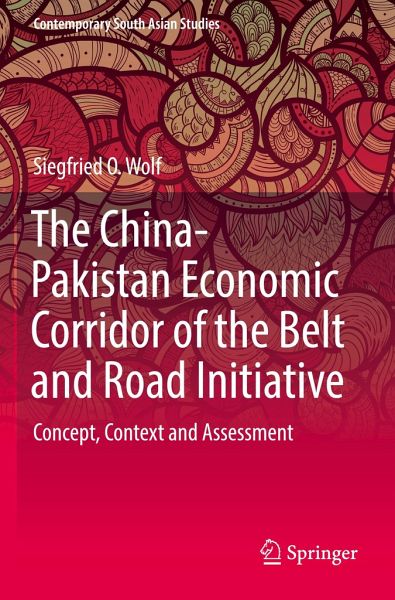
The China-Pakistan Economic Corridor of the Belt and Road Initiative
Concept, Context and Assessment
Versandkostenfrei!
Versandfertig in 6-10 Tagen
91,99 €
inkl. MwSt.
Weitere Ausgaben:

PAYBACK Punkte
46 °P sammeln!
This book focuses on the implementation of the China-Pakistan Economic Corridor (CPEC), a multi-billion-dollar infrastructure development project intended to connect Asia with Europe, the Middle East and Africa. By introducing a new analytical approach to the study of economic corridors, it gauges the anticipated economic and geopolitical impacts on the region and discusses whether the CPEC will serve as a pioneer project for future regional cooperation between and integration of sub-national regions such as Balochistan, Khyber Pakhtunkhwa, the Federally Administered Tribal Areas, and Gilgit-B...
This book focuses on the implementation of the China-Pakistan Economic Corridor (CPEC), a multi-billion-dollar infrastructure development project intended to connect Asia with Europe, the Middle East and Africa. By introducing a new analytical approach to the study of economic corridors, it gauges the anticipated economic and geopolitical impacts on the region and discusses whether the CPEC will serve as a pioneer project for future regional cooperation between and integration of sub-national regions such as Balochistan, Khyber Pakhtunkhwa, the Federally Administered Tribal Areas, and Gilgit-Baltistan. Further, it explores the interests, expectations and policy approaches of both Chinese and Pakistani local and central governments with regard to the CPEC's implementation. Given its scope, the book will appeal to regional and spatial sciences scholars, as well as social scientists interested in the regional impacts of economic corridors. It also offers valuable information for policymakers in countries participating in the Belt-and-Road Initiative or other Chinese-supported development projects.





